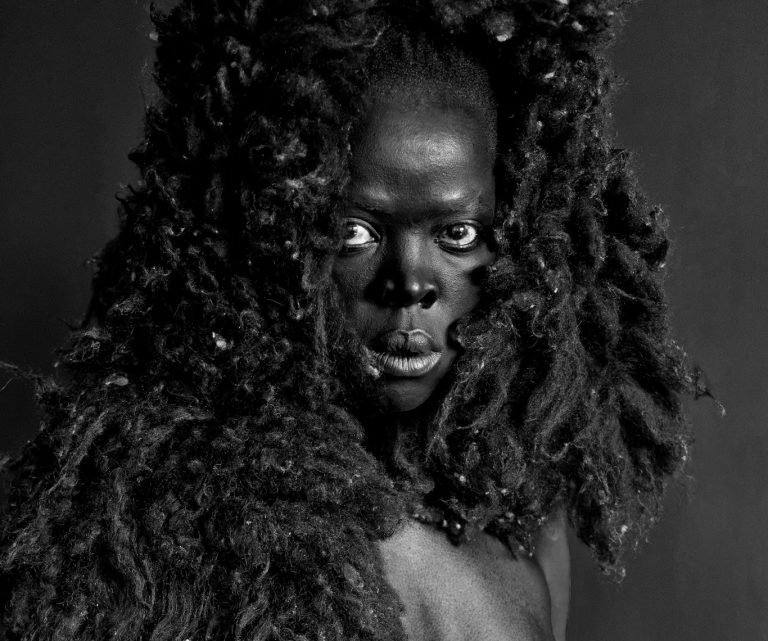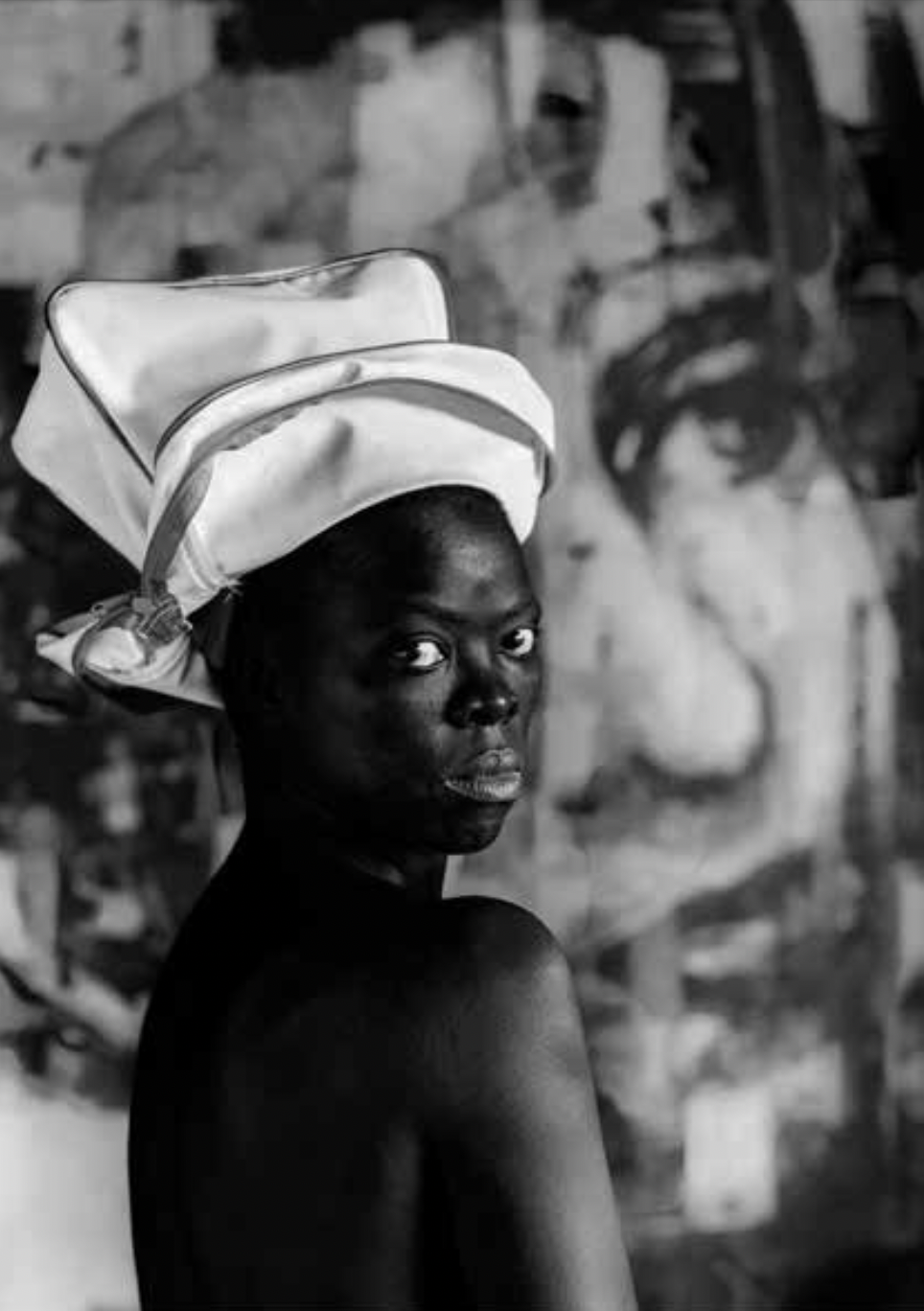Zanele Muholi
17. September to 16. October 2016
Opening reception 17. September, 7pm.
Small Projects is proud to present the works of South African artist Zanele Muholi. The exhibition will also include the works by the participants of a workshop that Zanele Muholi held in Oslo in June. The participants were Ondine Umhire (Rwanda), Ilia (Russia), Nina Bahar (Iran), Lucien Chen (Taiwan), Ruth Nakato (Uganda), Su Thet Mon (Burma), Ahmad Umar (Sudan) and Eddie Esmail (Sudan).
"The title of the exhibition Mina/Meg is from the English word ‘me’ translated into Norwegian and IsiZulu, which is one of the eleven official South African languages. Mina/Meg could be best described as a potjiekos, a South African stew. Potjiekos is when you throw all your ingredients in one pot and it results in a delicious and most importantly, a healthy meal.
The world has come to be known as a global village, technological advances have ensured that through a press of a button one is connected with millions of people through the use of portals such as social media. Using these mediums we are able to project ourselves for all to see us in a way we want to be perceived. However when you take away all possessions from a person, or when the lights go off at night, it is the “self” that we are left to confront and deal with. Thoughts, questions and memories flood our mind, which either leads to self-realisation, contentment or confusion and displacement.
Mina/Meg uses visual activism to explore stories related to love, intimacy, racism, xenophobia, solidarity, visibility and otherness. Just like a potjiekos, the ingredients are all thrown in one pot, but the chef is not to stir the pot. Not stirring is done to prevent the flavours from mixing, ensuring that each ingredient retains its own unique taste."
-Lerato Dumse
Muholi is a visual activist. She was born in 1972 in Umlazi, Durban, and lives in Johannesburg. She co-founded the Forum for Empowerment of Women (FEW) in 2002, and in 2009 founded Inkanyiso (www.inkanyiso.org), a forum for queer and visual (activist) media. Muholi’s self-proclaimed mission is ‘to re-write a black queer and trans visual history of South Africa for the world to know of our resistance and existence at the height of hate crimes in SA and beyond’. She continues to train and co-facilitates photography workshops for young women in the townships.
Muholi studied Advanced Photography at the Market Photo Workshop in Newtown, Johannesburg, and in 2009 completed an MFA: Documentary Media at Ryerson University, Toronto. She is an Honorary Professor at the University of the Arts/Hochschule für Künste Bremen.
Muholi has won numerous awards including the ICP Infinity Award for Documentary and Photojournalism (2016); Africa'Sout! Courage and Creativity Award (2016); the Outstanding International Alumni Award from Ryerson University (2016); the Fine Prize for an emerging artist at the 2013 Carnegie International; a Prince Claus Award (2013); the Index on Censorship - Freedom of Expression art award (2013); and the Casa Africa award for best female photographer and a Fondation Blachère award at Les Rencontres de Bamako biennial of African photography (2009).
Her Faces and Phases series has shown at Documenta 13; the South African Pavilion at the 55th Venice Biennale; and the 29th São Paulo Biennale. Solo exhibitions have taken place at institutions including the Mead Art Museum, Amherst; Gallatin Galleries, New York; Open Eye Gallery, Liverpool; Brooklyn Museum, New York; Akershus Kunstsenter, Norway; Einsteinhaus, Ulm; Schwules Museum, Berlin; Williams College Museum of Art, Williamstown and Casa Africa, Las Palmas. Her Somnyama Ngonyama series has been recently exhibited in a solo show at the Standard Bank Gallery during the National Arts Festival in Grahamstown.
Special thank to Kunstplass [10] and Transnational Arts Production (TrAP) for making this possible.









